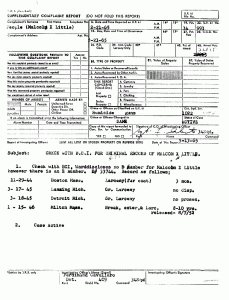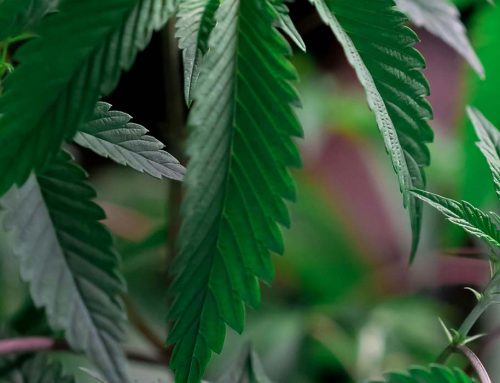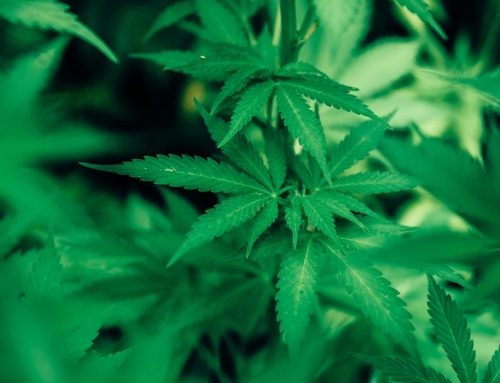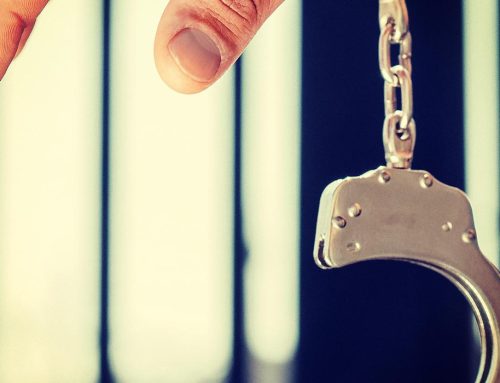Marijuana reformers have long shared a common refrain: The criminal justice system is out of control, and too many innocent people are being tagged as reprobates for nothing more significant than a smoldering plant.

But how bad is it, really? And what does a criminal record mean, in terms of trying to lead an ordinary, law-abiding life?
Criminal records don’t go away
The first thing to know is that a rap sheet is as permanent as a tattoo. Both can sometimes be removed, but only painfully, and frequently not at all. A criminal record follows you, and it follows you the rest of your life.
There are several major consequences of carrying this history. For one thing, it becomes much harder to find a job. This is less true with people convicted of misdemeanors, but it’s definitely true of anyone convicted of a felony.
Difficult to find employment
There is a growing movement to “ban the box.” This refers to a box that appears on many job applications, requiring that applicants disclose whether they’ve ever been convicted of a felony. This includes guilty and “no contest” pleas, which are essentially the same thing.
If the box-banners get their way, applicants would no longer face this question, which almost always disqualifies a candidate for a respectable job. Employers could ask the applicants about the subject during later interviews, but banning the box would at least make it easier for ex-felons to get their feet in the door.
Difficult to find accommodation
Another big effect of a criminal record is that it will lead most landlords to refuse to rent to you. Not finding a job is a problem. Not being able to find housing can lead to dire consequences, and could dramatically increase the likelihood of recidivism.
Difficult to obtain loans
What’s more, felons and even misdemeanants may find it hard to obtain loans, shutting them out of home ownership. That leaves transient hotels and homelessness as the only viable options for many people when they leave prison.
Voting rights also disappear for convicted felons, though they can sometimes be restored after their sentences are served. And it can become much more difficult to secure government benefits, a needed source of income for many offenders once their sentences are done.
Is expungement possible?
But what kind of cannabis crimes goes on your record? And can you get it expunged?
The contents of a rap sheet vary widely from state to state and under federal law. All criminal justice systems in the United States report felonies, and they all report serious misdemeanors, but some also report low-level crimes such as DUI, and even traffic offenses such as speeding. In some cases, even minor municipal violations make the record.

It’s important to note that expunging a criminal record isn’t the same as erasing it. Your rap sheet remains intact, but it is sealed so police, prosecutors, and the public can’t access it. That doesn’t mean they wont – it’s not unheard of for expunged records to leak – but the protection is usually effective.
More importantly, an expunging means you are legally free to lie about your criminal history and deny any marijuana arrest or conviction, no matter who asks. For legal purposes, it is as if the crime never happened.
But what do you need to get your record expunged? Again, that varies from state to state, but typically, you must stay straight for a matter of years, have a limited record of earlier crimes, and have no history of serious or violent crimes, along with other requirements.






